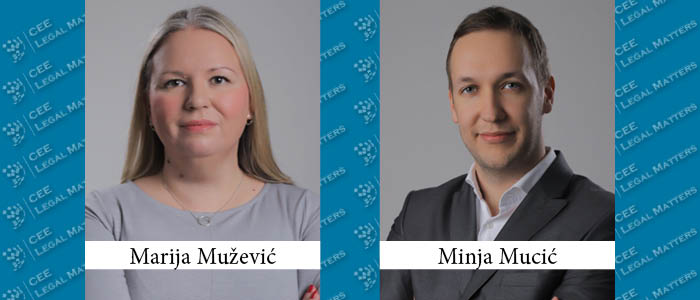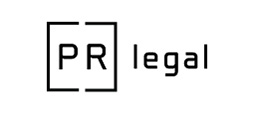In an era where social media has become an integral part of daily life, the issue of privacy protection is gaining increasing importance. Typically, social media platforms offer mechanisms to control access to the content which individuals share on their profiles, including the so-called profile “locking”. On the other hand, content on “unlocked” profiles is accessible to an unlimited number of people, allowing anyone who visits a particular profile to view the content created or published by its owner.
Additionally, one of the current topics is the permissibility of publishing photos from “unlocked” profiles of individuals by the media, which are then used to complement articles published in newspapers and on internet portals. In other words, does such behavior by the media constitute a breach of privacy?
This question has quickly become the subject of judicial consideration, and thus the Court of Appeal in Belgrade, in its judgment ref. no. Gž3 170/23 dated June 1, 2023, expressed its stance on the violation of privacy rights through the publication of photos taken from social media.
The court concluded that the fact that the photos were taken from the plaintiff’s private profile on social media is not crucial, and that their publication in the media constitutes a violation of privacy rights. Furthermore, the court explained that the fact that the photos were published on social media by the plaintiff himself is insufficient because it does not imply that the individuals depicted in them have given consent for their use in other ways or for other purposes.
Legal Framework
The Law on Public Information and Media stipulates that information from private life, including photograph of individuals, cannot be published without the consent of the individual whose private life the information/photograph concerns, if it can be inferred from the publication which individual it is.
An exception exists in situations where the public interest in knowing the information or photograph outweighs the interest in preventing its publication, which the court will assess based on all circumstances of the case.
It is also considered that the public interest outweighs the interest in preventing the publication of information from private life, especially if the individual has intended the information or photograph for the public or has provided it to the media for publication.
Therefore, in the mentioned case, the legislator assumes that by their implicit actions, individuals have consented to the publication of their photograph. However, considering the aforementioned stance of the Court of Appeal in Belgrade, the use of a published photograph in other ways or for other purposes will constitute a violation of privacy rights.
It can be reasonably assumed that this issue will continue to be subject to judicial consideration, particularly in the context of interpreting the legal standard that the photograph is intended for the public, as well as which circumstances should be considered when determining the intent of the person who posted the photograph on their “unlocked” profile.
Conclusion
It is evident that obtaining the consent of the individual is a prerequisite for publishing photographs of the person depicted in them.
The stance of the Court of Appeal in Belgrade implies that such consent cannot be deemed to have been given by implicit actions (publication of a photograph on a social media platform and publicly accessible) because the photograph cannot be used in any way or for any purpose without the explicit consent of the individuals depicted in it.
Moreover, the use of photos taken from social media may also be contentious from the perspective of the photographer’s rights, i.e., copyright protection, which may also be subject to legal action, something that media outlets should also consider.
This article is to be considered as exclusively informative, with no intention to provide legal advice. If you should need additional information, please contact us directly.
By Marija Muzevic, Counsel, and Minja Mucic, Junior Associate, PR Legal


